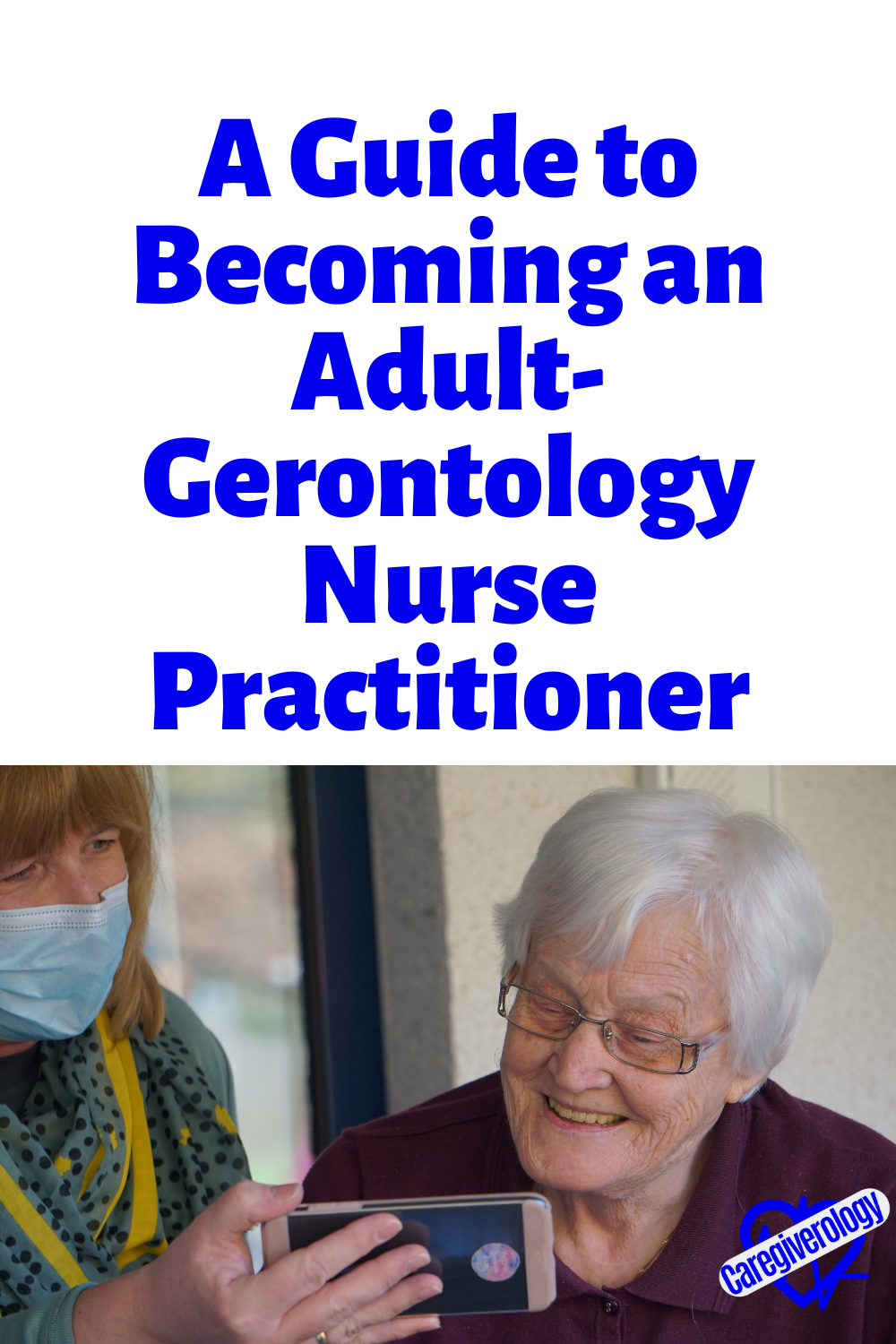A Guide to Becoming an Adult-Gerontology Nurse Practitioner
Nursing is a rewarding career, no matter the specialty you enter. However, if you’re passionate about caring for older people and helping them with their unique health needs, adult-gerontology nursing might pique your curiosity.
Adult gerontology involves advocating for older patients, helping them to prevent illness and injury, and assisting with the healing process should they become injured or unwell. If you’re eager to upskill, explore a new type of nursing, and help the most vulnerable members of your community, learn more about what gerontology nursing entails below.
How to Become an Adult-Gerontology Primary Care Nurse Practitioner
The first step toward becoming a nurse caring for older patients can involve enrolling in gerontology nurse practitioner programs. There are many online MSN-AGPCNP programs for RN nurses to enroll in, some of which offer affordable tuition, multiple start dates, and support for clinical placement.
When you research the various programs, you can learn about the work required as an adult gerontology nurse, like diagnosing and managing illnesses, prescribing medication, and developing treatment plans.
Skills to Enter Adult-Gerontology Primary Care Nursing
Having the necessary qualifications gained through a gerontology nurse practitioner program can be an excellent first step to entering this nursing field. However, having a particular set of skills might also allow you to reach your full potential.
Leadership skills can be some of the most important, enabling you to gain the trust of your peers and patients and be responsible for yourself and others. Being personable to create and maintain patient and caregiver relationships can also be crucial, particularly as you’ll often be sharing health information with patients and their families over an extended period.
Some of the best adult-gerontology primary care nurses are even well known for their critical thinking and time management skills, which help with everyday tasks like diagnostics and treatment.
Adult-Gerontology Nurse Practitioner Workload
No two days are the same in the nursing field, and the workload of an adult gerontology nurse practitioner is no different. While they mainly work with older adults, they provide a well-rounded care approach. This involves illness and injury prevention followed by the treatment of illnesses and the maintenance of daily routines.
Adult gerontological nurse practitioners typically work alongside physicians and assist with administering medications, monitoring health vitals, bathing, eating, walking, and more. Typically, they can provide these services in various facilities, such as nursing homes, assisted living facilities, hospitals, and long-term care establishments.
How Much Do Adult-Gerontology Nurse Practitioners Earn?
How much adult gerontology nurse practitioners earn can depend on their qualifications and experience level. The average AGNP will earn $103,002, while most can earn between $95,577 and $111,898. Alongside salaries, many nurse practitioners are also entitled to benefits like health insurance, retirement funds, holiday pay, and certification reimbursement. Due to the demand for their services, some nurse practitioners might even be able to take advantage of relocation assistance packages as an incentive to relocate for job opportunities.
Many registered nurses are more than satisfied with their field, but advancement opportunities exist for those wishing to make a difference in the lives of older adults. If you haven’t yet explored your upskilling options, now might be the right time to learn more about adult gerontology nursing programs.
Caregiver Employment Tips and Resources
From A Guide to Becoming an Adult-Gerontology Nurse Practitioner to Home
Recent Articles
-
Common Truck Crash Injuries and Legal Remedies - Caregiverology
Jul 19, 25 10:49 AM
Known for its sun-drenched beaches, vibrant arts scene, and bustling maritime industry, Fort Lauderdale is a city that sees heavy traffic both on its roads and at its busy port. Unfortunately, with th… -
Why Expert Legal Help Matters After Serious Injury - Caregiverology
Jul 19, 25 10:35 AM
In Houston, over 67,600 car crashes occurred in 2023, resulting in 290 fatalities and 1,612 serious injuries. That’s roughly 185 accidents every day. -
How Life Care Planners Support Injury Recovery - Caregiverology
Jul 19, 25 10:18 AM
In Los Angeles, life care planners play a vital role in supporting injury recovery, especially for individuals facing catastrophic injuries such as traumatic brain injuries or spinal cord damage.






New! Comments
Have something to say about what you just read? Leave a comment in the box below.